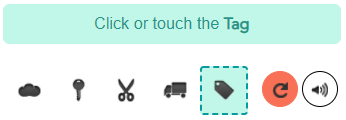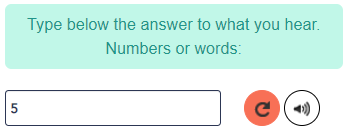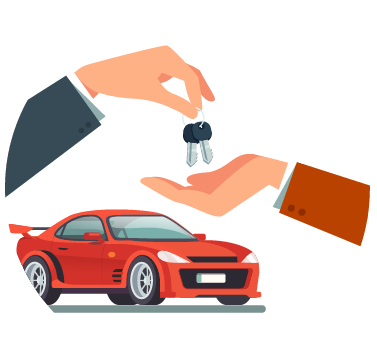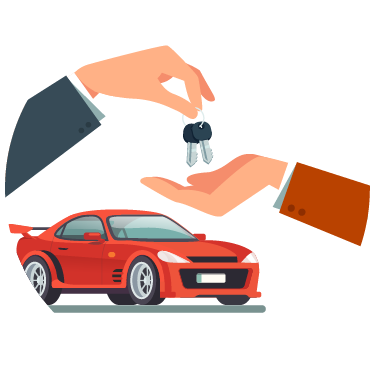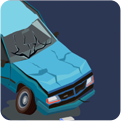What is No-Fault Insurance?
Where is no-fault insurance required, and how much does it cost?
What is non-owner car insurance?
Like its name denotes, non-owners car insurance is liability-only car insurance you might use if you don't own a car but still need car insurance. In a nutshell, non-owners car insurance is designed to provide coverage under the following circumstances:
- Your license has been suspended and you need an SR-22
- You’re an occasional driver that doesn’t own a vehicle
- You’re between vehicles

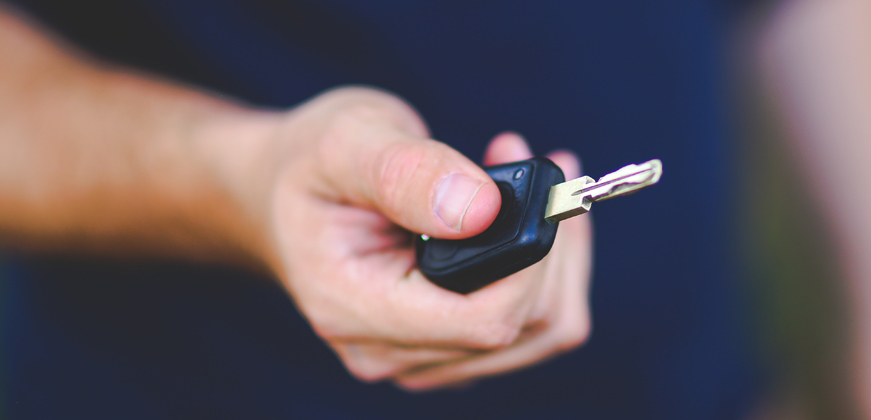
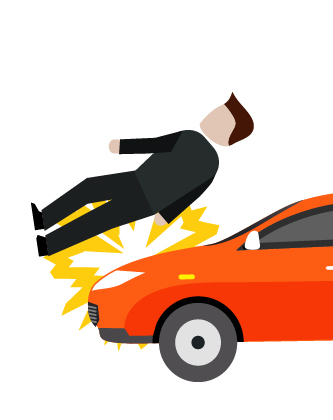
Benefits of non-owners car insurance:
Non-owner car insurance for an SR-22
Basically, an SR-22 is a certificate that states you are carrying at least the state’s minimum liability insurance. You'll typically only need an SR22 if your license has been suspended or you've been cited after an accident or violation.
To be clear, an SR-22 is not insurance. It's simply a piece of paper stating you have liability coverage. If you don't own a vehicle and need to show proof of insurance, you might find yourself needing a non-owner policy. A non-owner insurance policy will help fill the gap between needing to show proof of liability protection without having to purchase and insure a car.

Moreover, you might find yourself in a situation in which your current company doesn’t offer an SR-22. Not every company provides SR-22s, simply because of their inherent risk. If you need an SR-22 and your current company will not provide it, consider a non-owners policy. This would require paying for a second policy, but premiums on non-owners' policies are normally cheaper than are traditional auto insurance policies. Carrying non-owner insurance could be more affordable than switching all of your coverage to a different carrier. This would also keep you compliant with state regulations, avoiding fees and insurance suspensions.
For more information on SR-22s and what they mean for your car insurance, see our in-depth guide to SR-22 insurance.
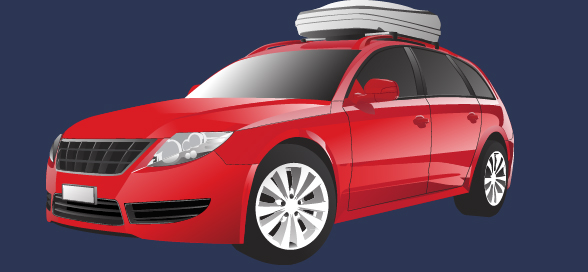

Non-owner insurance for occasional drivers who don't own a car
If you don't own a vehicle but occasionally borrow a friend's, you might find a non-owner insurance policy helpful. Although car insurance often applies to the vehicle rather than the driver, having an additional insurance policy increases your liability limits. If you borrow a friend's vehicle, get into an at-fault accident, and exhaust the insurance coverage on their policy, your non-owner policy would help to pay the remaining damages you owe.
Not carrying liability insurance as a driver — even when you don't own a car — can hurt you. Having gaps in your car insurance history — even without a vehicle registered to you — can be a red flag once you start shopping for car insurance. Depending on the insurer you choose, you could either be denied coverage or be charged a higher rate.
Non-owner insurance for drivers between vehicle ownership
Having a gap in your car insurance can cost you moving forward. So if you’ve sold your vehicle and don't plan on driving regularly for a period of time, a non-owners policy might be a good option. This can help keep your future premiums low by keeping you in the good graces of potential insurers. If you're planning on utilizing alternative transportation options — such as Car2Go or Zipcar — this will protect you against liability for bodily injury or property damage you cause in excess of the policy limitations of those rental services.
Now that we’ve explored why someone would need to insure a vehicle they do not own, let’s turn our attention to the definition of non-owners car insurance
What does non-owners insurance cover?
You might want a non-owners policy if you need insurance but don’t currently own a vehicle. This policy works like a traditional car insurance policy with one major exception: with a non-owners insurance policy, you’re limited to liability coverage. Meaning, you won't have comprehensive or collision coverage (also known as full coverage). The reason for this is simple: the insurance company through which you receive non-owners insurance doesn’t know the specifics of the vehicle you'll be driving. The value of the vehicle they would need to replace through collision and comprehensive could vary, from an affordable pre-owned vehicle to a brand new Mercedes Benz G-Class.



What does non-owners insurance cover?
You might want a non-owners policy if you need insurance but don’t currently own a vehicle. This policy works like a traditional car insurance policy with one major exception: with a non-owners insurance policy, you’re limited to liability coverage. Meaning, you won't have comprehensive or collision coverage (also known as full coverage). The reason for this is simple: the insurance company through which you receive non-owners insurance doesn’t know the specifics of the vehicle you'll be driving. The value of the vehicle they would need to replace through collision and comprehensive could vary, from an affordable pre-owned vehicle to a brand new Mercedes Benz G-Class.
Non-owner liability coverage (coverage for other drivers/vehicles):
Liability insurance covers the damage you cause in an at-fault auto accident. While it doesn't cover physical damage to your vehicle, it does give you coverage for another driver's property damage.
Non-owner uninsured motorist coverage (coverage for you):
If you’re struck by a driver who does not have auto insurance, this coverage would kick in. While coverage details may depend on the individual policy, this typically covers any bodily injury costs suffered by you or your passenger(s), as well as property damage to your vehicle.
Medical coverage/Personal Injury Protection (coverage for you):
This provides coverage for medical expenses and associated fees for you and your passengers. This may include lost wages, medical expenses, and ambulance rides, up to a certain percent.
*Note: this list is incomplete and does not reflect every state's or insurance company’s specific guidelines.

















